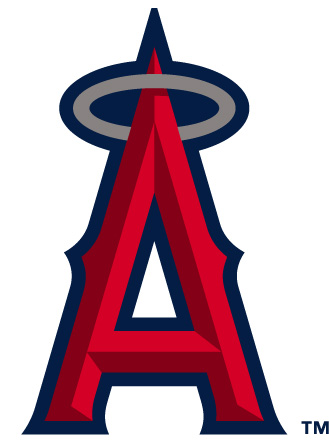Post by Deleted on Feb 26, 2015 20:55:11 GMT -5
The salary cap rules state the following:
To my knowledge, this has never been enforced. But if we were to enforce it, we would have some major problems.
If we actually enforce that rule as indicated, the following are only a few of the many changes that should have taken place long ago:
* Chicago Cubs move from Tier 2 to Tier 5 (2014 Opening Day Payroll: $92,677,368)
* Los Angeles Dodgers move from Tier 2 to Tier 1 (2014 Opening Day Payroll: $229,335,934)
* New York Mets move from Tier 2 to Tier 5 (2014 Opening Day Payroll: $84,951,365)
* Seattle Mariners (which were never a Tier 2 team) move from Tier 2 to Tier 5 (2014 Opening Day Payroll: $90,239,643)
Here's my major concern with this rule: If a team from one year to the next moves from say Tier 2 to Tier 5, and that team managed their team as though they expected to have that salary the next year, they are HOSED. They would be forced to get rid of, in some cases, $40 to $50M just because the real-life team decided to drastically reduce salary.
As such, I think that in the revised rules I'm working on, this text should be removed completely.
Of course, that brings up a valid question: are teams perpetually locked into these tiers if we get rid of the rule then? Well, since we haven't really enforced this since I joined the league a few years back, it's probably not a problem. But I would imagine a few people would wonder how they could switch tiers.
Thoughts, please? For now, I say remove this section of text about changing tiers. When the offseason gets here, we can pose the question to the league. Maybe teams can be evaluated every other year, and they may never go up or down more than one tier at a time?
Inflation over the past 50 years has caused the annual salaries of players to steadily increase over time. With this in mind, Tiers can change. For example, if the Rays decided to spend 120 million dollars in 2009, their tier would change from Tier 5, to Tier 2. On the flip side, if the Yankees downgrade to an 80 million dollar payroll, their tier would be changed as well. Your tier changes as it does in real life. Changes to tiers will not happen during the season, only in the off-season, with plenty of notice.
To my knowledge, this has never been enforced. But if we were to enforce it, we would have some major problems.
If we actually enforce that rule as indicated, the following are only a few of the many changes that should have taken place long ago:
* Chicago Cubs move from Tier 2 to Tier 5 (2014 Opening Day Payroll: $92,677,368)
* Los Angeles Dodgers move from Tier 2 to Tier 1 (2014 Opening Day Payroll: $229,335,934)
* New York Mets move from Tier 2 to Tier 5 (2014 Opening Day Payroll: $84,951,365)
* Seattle Mariners (which were never a Tier 2 team) move from Tier 2 to Tier 5 (2014 Opening Day Payroll: $90,239,643)
Here's my major concern with this rule: If a team from one year to the next moves from say Tier 2 to Tier 5, and that team managed their team as though they expected to have that salary the next year, they are HOSED. They would be forced to get rid of, in some cases, $40 to $50M just because the real-life team decided to drastically reduce salary.
As such, I think that in the revised rules I'm working on, this text should be removed completely.
Of course, that brings up a valid question: are teams perpetually locked into these tiers if we get rid of the rule then? Well, since we haven't really enforced this since I joined the league a few years back, it's probably not a problem. But I would imagine a few people would wonder how they could switch tiers.
Thoughts, please? For now, I say remove this section of text about changing tiers. When the offseason gets here, we can pose the question to the league. Maybe teams can be evaluated every other year, and they may never go up or down more than one tier at a time?


